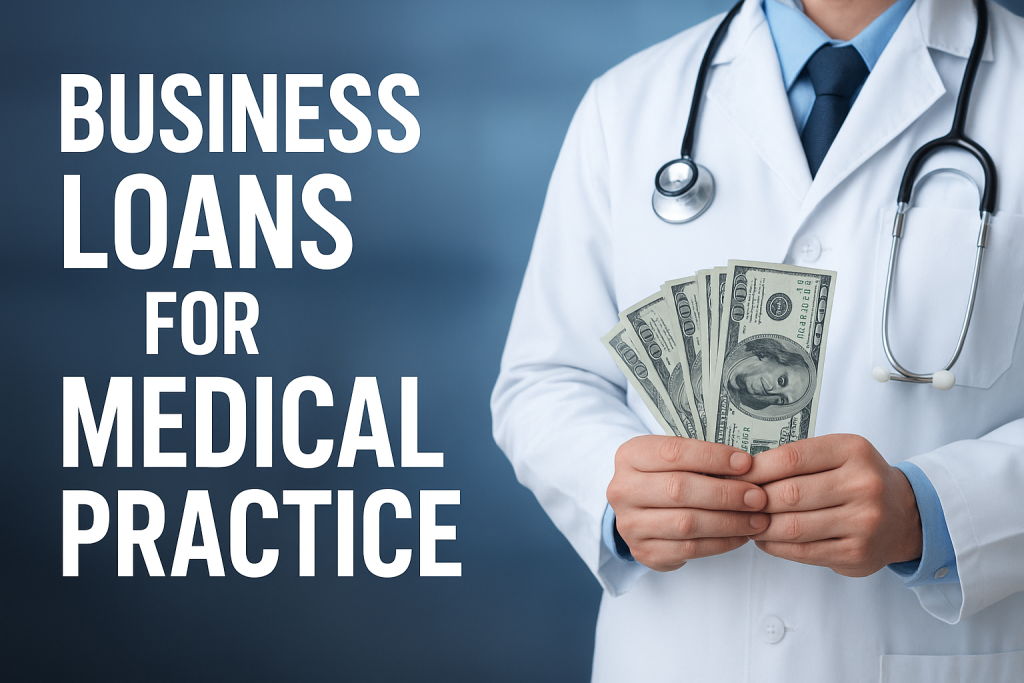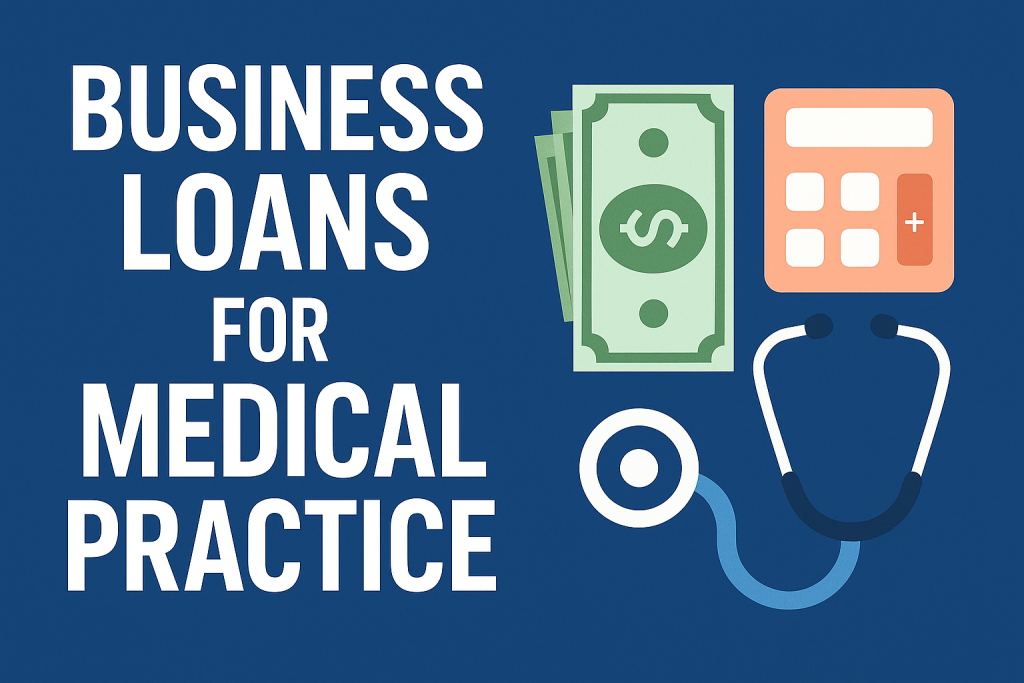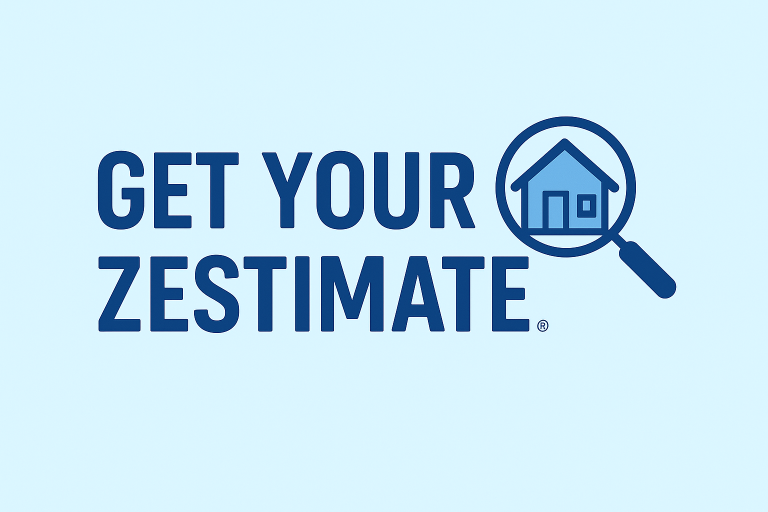
Table of Contents
Business Loans for Medical Practice
Introduction
Starting or expanding a medical practice in the USA requires significant financial investment. From purchasing advanced medical equipment and securing prime office locations to hiring skilled staff and maintaining compliance with healthcare regulations, costs can quickly add up. For many healthcare professionals, business loans for medical practice become an essential tool to fund growth, ensure operational stability, and maintain high-quality patient care.
In this definitive guide, we are going to cover everything you need to know about Business Loans for Medical Practice, including the different types of medical practice loans, qualification criteria, advantages, disadvantages, and practical tips to secure the best financing options in the USA. This guide will help healthcare professionals make informed decisions when applying for medical practice business loans.
Why Medical Practices Need Business Loans
- Managing a medical practice goes beyond healing patients. It is also managing operations, maintaining adherence to rigorous healthcare laws, and staying abreast of technological advancements. A firm financial base is needed. These are the main reasons business loans for medical practices are sought:
- Start up Expenses : Securing or buying a clinic location, attorney fees, licenses, and permits may require hundreds of thousands of dollars.
- Medical Equipment: Imaging equipment, diagnosis equipment, and treatment equipment are essential for treating patients but are expensive.
- Staffing Costs: Recruiting skilled physicians, nurses, and administrative personnel allows for uninterrupted operations.
- Technology Investments : Electronic health record (EHR) systems, practice management software, and telehealth platforms are the norm today in the industry.
- Working Capital : Financing brings liquidity to pay for payroll, rent, utilities, and other operating costs.
- Expansion : Practices intending to venture into new fields or open specialties need substantial amounts of money.
Types of Medical Practice Business Loans
1. SBA Loans (Small Business Administration Loans)
SBA loans are very popular with medical practitioners because they have good terms. As they are insured by the government, lenders have lower risk, and hence interest rates are lower and the repayment period is longer. SBA 7(a) is best for general practice medical expenses, whereas SBA 504 can be used for big property or equipment purchases.
2. Term Loans
A conventional funding choice wherein the medical practice is provided with a sum of money once and repays it with interest over a specified duration. Term loans are appropriate for significant expenses like acquiring real estate or major renovations. Term loans can be short-term or long-term based on the lender and practice requirements.
3. Equipment Financing
Healthcare practices need sophisticated diagnostic and treatment equipment. Financing equipment provides practices with the equipment they need while making installment payments. The equipment itself is used as collateral, which makes it simple to qualify.
4. Business Lines of Credit
A business line of credit offers medical practices flexibility. It permits borrowing funds up to a certain amount, and interest is levied on borrowed money only. This product is ideal for cash flow management, covering irregular costs, and dealing with seasonal fluctuations.
5. Merchant Cash Advances
For steady revenue practices with pressing funding requirements, merchant cash advances give immediate money in return for future income. Though they provide rapid access to money, interest charges are generally greater, and therefore must be utilized carefully.
6. Medical Practice Acquisition Loans
These loans are specifically designed for physicians who desire to purchase into a current practice or buy a new one. Acquisition loans pay for patient files, goodwill, and tangible property of the practice.
7. Commercial Real Estate Loans
When a practice makes the decision to purchase or upgrade clinic space, commercial real estate loans are introduced. They provide longer repayment periods and reasonable interest rates, making property ownership or growth affordable.
Eligibility Criteria for Business Loans
Lenders scrutinize loan applications, and medical professionals are required to fulfill certain conditions:
Good personal as well as business credit score (usually 650+).
Documentary evidence of steady income and positive cash flow.
Business plan that proves financial viability as well as growth prospects.
Legal licenses and certifications for the practice of medicine.
Collateral may be demanded based on the type of loan.
Benefits of Business Loans for Medical Practice
Business loans offer a number of benefits that benefit both financial well-being and patient care directly:
Capital Access – Up-front financing covers essential costs.
Deductible Interest – Loan interest repayments can be tax-deductible, lowering the overall cost.
Enhanced Patient Care – Use of new equipment and improved facilities means improved health care.
Business Expansion – Financing allows the ability to expand services, recruit more staff, or open additional offices.
Cash Flow Stability – Loans supply regular working capital to maintain smooth operations even during recessions.
Challenges in Obtaining Medical Practice Loans
Obtaining Business Loans for Medical Practice may seem like a good option, but it comes with several challenges. Most lenders have strict credit requirements, making it difficult for those without a strong credit history to qualify. The loan approval process in conventional banks can also take weeks, causing delays for practices that need urgent funding. Additionally, there are strong documentation requirements, as lenders often ask for detailed financial statements and tax returns, which makes the process time-consuming. On top of that, faster funding options for medical practice business loans usually come with higher interest rates, increasing the overall cost of borrowing.
How to Apply for a Medical Practice Loan
- Obtaining the proper loan requires planning and execution:
- Assess Financial Needs – Determine the precise amount needed.
- Check Credit Score – Personal and business credit ratings should be good.
- Prepare Documentation – All licenses, tax returns, and financial documents should be at hand.
- Compare Lenders – Compare traditional lenders and online lenders to get the best match.
- Submit Application – Fill in accurate and complete information for prompt processing.
- Negotiate Terms – Negotiate interest rates, repayment terms, and other charges.
Best Lenders for Medical Practice Loans in the USA
- Some institutions have a specialty of lending loans specifically for healthcare professionals:
- Bank of America – Provides personalized loans for healthcare professionals with adjustable repayment terms.
- Wells Fargo – Offers loans that are specifically tailored to medical practice expansion.
- Live Oak Bank – Known for SBA lending and commonly preferred by small medical practices.
- TD Bank – Provides medical practice financing and equipment loans.
- Online Lenders (Kabbage, OnDeck, Funding Circle) – Preferably known for quicker approvals and less hassle with the application process.
Tips to Secure the Best Loan
To increase your chances of business loan approval and secure better terms, it’s important to keep your debt-to-income ratio under control and maintain a good credit score. Preparing a detailed business plan that highlights growth potential can make you more attractive to lenders. Whenever possible, consider SBA loans for their favorable terms. Also, compare multiple lenders and shop loan offers before deciding. This approach is especially useful for professionals seeking Business Loans for Medical Practice, as it helps secure the right financing with manageable costs.
Other Financing Opportunities
- In addition to standard loans, other possibilities exist for raising funds:
- Medical Practice Grants – These are sometimes available for research or innovation projects.
- Private Investors – Equity investment offers capital without debt but means having to give up partial ownership.
- Crowdfunding – Online platforms enable communities to contribute towards specialized practices’ funding.
- Vendor Financing – Installment plans are usually offered by equipment vendors to reduce the burden of purchase.
Enlarging on Loan Usage Scenarios
Medical practice business loans are not limited to daily expenses; they can serve multiple purposes. They can be used for new specialty departments like dental care or dermatology, improving patient facilities such as waiting areas and beds, or for marketing and branding through digital campaigns and community outreach. These loans also support emergency preparedness, ensuring clinics can handle unexpected crises effectively.
Future of Medical Practice Financing
The funding environment is changing with the emergence of fintech. Instant approval, credit evaluation based on artificial intelligence, and online banking platforms are speeding up loan processes and making them more convenient. For American medical practitioners, it translates into greater chances to raise
capital at competitive terms without conventional impediments.
In the future, blockchain financing and decentralized lending could also come into play in how healthcare clinics get access to capital.

Conclusion
In the very competitive U.S. healthcare sector, the correct financing is key to success. Business Loans for Medical Practice give healthcare practitioners the ability to invest in equipment, technology, and personnel while keeping their finances stable. Whether you are opening a new clinic, expanding an existing one, or replacing outdated medical equipment, there are several Business Loans for Medical Practice options to fit your needs.
By clearly identifying your funding requirements, preparing the right documentation, and comparing multiple lenders, you can secure the right Business Loan for Medical Practice to ensure growth and stability. With modern technology making borrowing faster and more efficient, Business Loans for Medical Practice allow doctors and healthcare providers to focus on what truly matters delivering excellent patient care.
You Can Also Read
Open Business Account Instantly
“Secure Growth with Bank Of America Investment Company”
“Best Instant Online Business Checking Account for Hassle-Free Banking”
FAQs
Q1. What are Business Loans for Medical Practice?
Business Loans for Medical Practice are financing solutions designed for doctors, dentists, and healthcare professionals to fund clinic operations, purchase equipment, or expand facilities.
Q2. Why should I apply for a Business Loan for Medical Practice?
Applying for a Business Loan for Medical Practice helps healthcare providers manage expenses like staff salaries, new departments, marketing, or emergency needs without disturbing cash flow.
Q3. How can I qualify for Business Loans for Medical Practice?
To qualify, you need a good credit score, manageable debt-to-income ratio, and sometimes a strong business plan. Some lenders also ask for tax returns and financial statements.
Q4. Can SBA loans be used as Business Loans for Medical Practice?
Yes, SBA loans are one of the best options because they come with lower interest rates, longer repayment terms, and flexible use for medical practices.
Q5. What are the interest rates for Business Loans for Medical Practice?
Interest rates vary depending on your credit profile, lender, and loan type. Traditional banks usually offer lower rates but require more paperwork, while online lenders provide faster approval with slightly higher rates.
Q6. What can Business Loans for Medical Practice be used for?
They can be used for opening new specialty departments, renovating patient facilities, buying advanced medical equipment, funding marketing campaigns, or preparing for emergencies.



